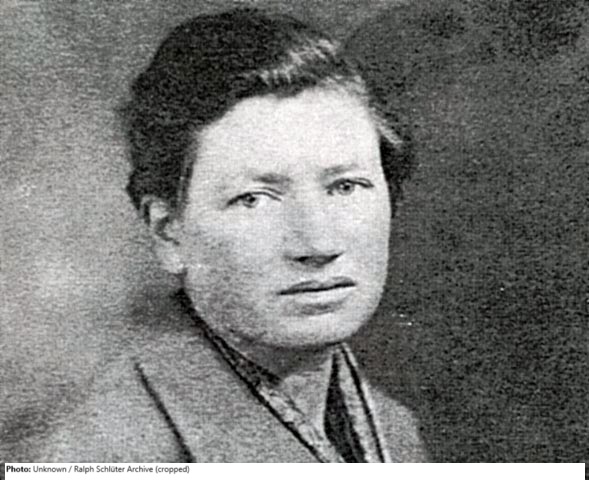
| Roles | Competed in Olympic Games • Competed in Olympic Games (non-medal events) |
|---|---|
| Sex | Female |
| Full name | Florence Margaret Vere "Flora"•O'Brien |
| Used name | Flora Vere•O'Brien |
| Born | 19 September 1896 in London, England (GBR) |
| Died | 1970 in ?, Clare (IRL) |
| NOC |  Ireland Ireland |
Irish painter and teacher Flora Vere O’Brien was a descendant of Thomas Arnold (1795-1842), headmaster of Rugby School and an inspiration for Pierre, Baron de Coubertin’s philosophy of sport. Her mother, also named Florence, became involved with the revival of the Limerick lace craft, and ran The Limerick Lace School. When Flora was 3-years-old, the family took over Ballyalla, a property with extensive woods, a gate lodge and a large garden. Flora lived there alone after her mother’s death and ran the farm into the 1950s. Later, she moved to a small house at Carrownacloghy and remained there with her small animal farm until her death. Nevertheless, she visited many places in Europe, but always using the least expensive and most uncomfortable means of travelling. At home, she mainly used oil lamps and candles and nourished on bread and potatoes. She was eventually buried at Ballyalla.
In 1948, she submitted the poem A Song of the Road in the lyric works competition and the lino cut The Hurlers (33 x 36 cm) in graphic arts. In the 1952 exhibition, she was again represented with a linocut titled Chase. The book Intimations was published in 2000 comprising poetry and illustrations (woodcuts and lino) by Flora Vere O’Brien.
| Games | Discipline (Sport) / Event | NOC / Team | Pos | Medal | As | |
|---|---|---|---|---|---|---|
| 1948 Summer Olympics | Art Competitions |  IRL IRL |
Flora Vere O'Brien | |||
| Literature, Lyric Works, Open (Olympic) | ||||||
| Painting, Graphic Arts, Open (Olympic) | ||||||
| 1952 Summer Olympics | Art Competitions |  IRL IRL |
Flora Vere O'Brien | |||
| Painting, Open (Olympic (non-medal)) |